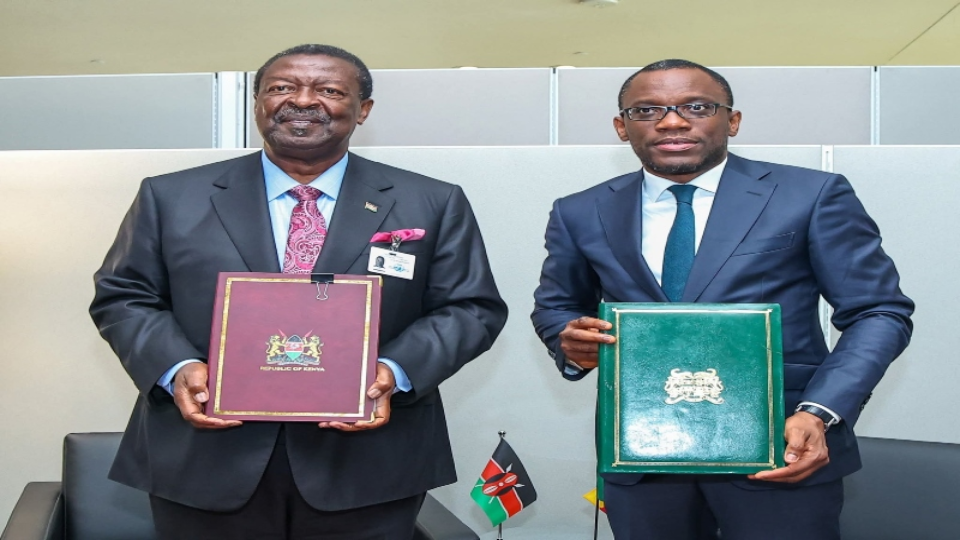Kenya and Benin Sign Visa-Free Travel Agreement for Six-Month Visits
Kenya and Benin have signed a landmark bilateral agreement allowing their citizens to travel visa-free between the two countries for up to 180 days. The deal, finalized on the sidelines of the United Nations General Assembly in New York, marks a significant step toward fostering African integration and facilitating easier movement for citizens of both nations.
The agreement was signed by Kenya's Prime Cabinet Secretary and Foreign Affairs Cabinet Secretary Musalia Mudavadi and Benin's Foreign Affairs Minister Olushegun Adjadi Bakari. Under the terms of the pact, nationals of Kenya and Benin holding ordinary passports can visit the other country for up to six months without requiring a visa. However, the waiver does not permit employment during the stay, and travelers must apply for visas in accordance with the host country's immigration laws if they intend to remain beyond the 180-day period.
The visa exemption does not apply to individuals on diplomatic or consular postings. Holders of diplomatic, official, service, or ordinary passports assigned to such duties, along with their dependents, will still need to obtain visas before entering the other country.
Benin's Foreign Affairs Minister Bakari hailed the agreement as a bold move toward African unity. He emphasized that the visa waiver promotes integration across the continent and creates opportunities for African youth to explore economic and social prospects. Bakari also commended Kenyan President William Ruto for his leadership in advancing this initiative, describing it as a strong message of solidarity and progress.
In addition to the visa agreement, Mudavadi engaged in separate discussions with Venezuela's Minister of People's Power for Foreign Affairs, Yvan Gil Pinto. During the talks, Pinto expressed Venezuela's keen interest in strengthening ties with African nations, noting that 57 percent of Venezuela's population has African ancestry. He highlighted the late President Hugo Chavez's vision of Africa as a strategic partner for the future, underscoring Venezuela's desire to finalize pending agreements with Kenya in areas such as tourism, agriculture, and education. Mudavadi welcomed the opportunity to deepen bilateral relations and proposed signing Memorandums of Understanding during upcoming engagements in Brazil and Nairobi. He reaffirmed Kenya's commitment to multilateralism and respect for the United Nations framework.
Pinto also addressed Venezuela's tensions with the United States, particularly regarding allegations of drug trafficking, stressing that any efforts to combat such issues should adhere to legal frameworks.
Kenya's push for visa-free travel aligns with President Ruto's broader vision to make the country a global hub for tourism and business. In January 2024, Kenya introduced a policy allowing all visitors to enter the country without a visa, replacing the requirement with an Electronic Travel Authorisation (ETA) costing $30. This move was designed to boost tourism and attract investment by simplifying entry processes.
Despite these reforms, Kenya's passport ranking in the 2025 Henley Passport Index has declined, dropping to 70th place with visa-free access to 70 destinations, down from 76 the previous year. This places Kenya on par with The Gambia and Tanzania, though it remains the highest-ranked passport in East Africa, ahead of Uganda (72nd, 67 destinations) and Rwanda (75th, 63 destinations). In 2024, Kenya had climbed to 67th in the rankings, reflecting steady progress before this year's slip.
President Ruto has consistently emphasized that Kenya's visa reforms are intended to promote regional integration and position the country as a welcoming destination for global visitors. While the decline in passport ranking presents challenges, the new agreement with Benin underscores Kenya's commitment to fostering stronger ties across Africa and beyond.


